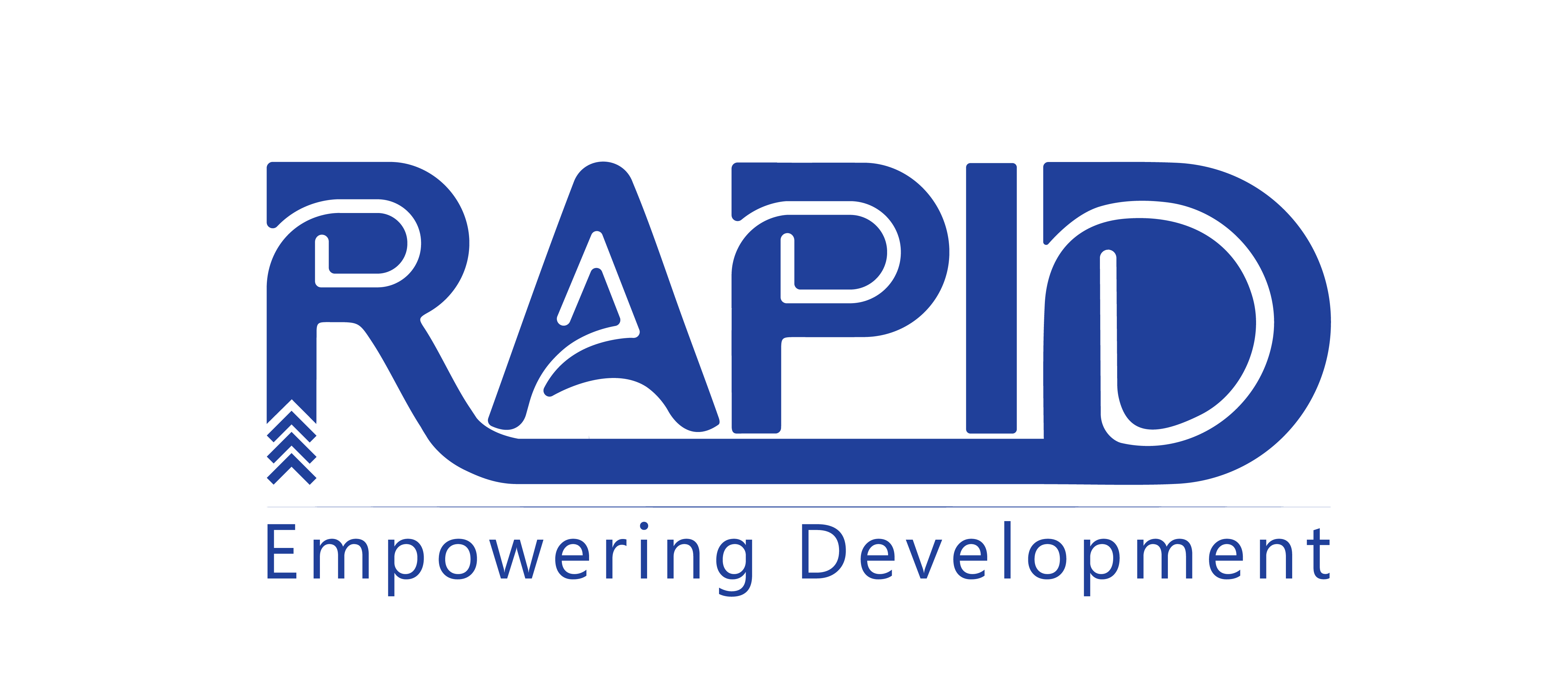
Blog: Shifting Gears: Adjusting to Life After LDC Trade
Voluntary National Review of Bangladesh 2025
About the project
Partner: General Economics Division, Planning Commission, Government of the People's Republic of BangladeshProject Lead: Dr M Abu Eusuf, Executive Director, RAPID
Project duration: September 2024 – Ongoing.
The SDG Progress Report 2024 is an extensive assessment of Bangladesh's advancement toward the Sustainable Development Goals (SDGs). Commissioned by GED to Dr M Abu Eusuf, the report aims to evaluate the nation's achievements, challenges, and strategies for meeting the 2030 targets. It will provide insights for policymakers, development partners, civil society, academia, and the private sector. It will enable them to understand Bangladesh’s progress, identify areas requiring support, and align their strategies with the national development goals.
Objective of the Assignment:
- Deliver a thorough, data-driven analysis of Bangladesh’s performance on each SDG, highlighting progress, gaps, and emerging trends.
- Examine the structural, socio-economic, and policy-related obstacles hindering SDG progress, considering external shocks such as geopolitical disruptions
- Offer evidence-based recommendations to guide policymakers in aligning national policies with SDG targets.
- Compare Bangladesh’s progress with other countries to extract best practices and insights to inform future strategies.

